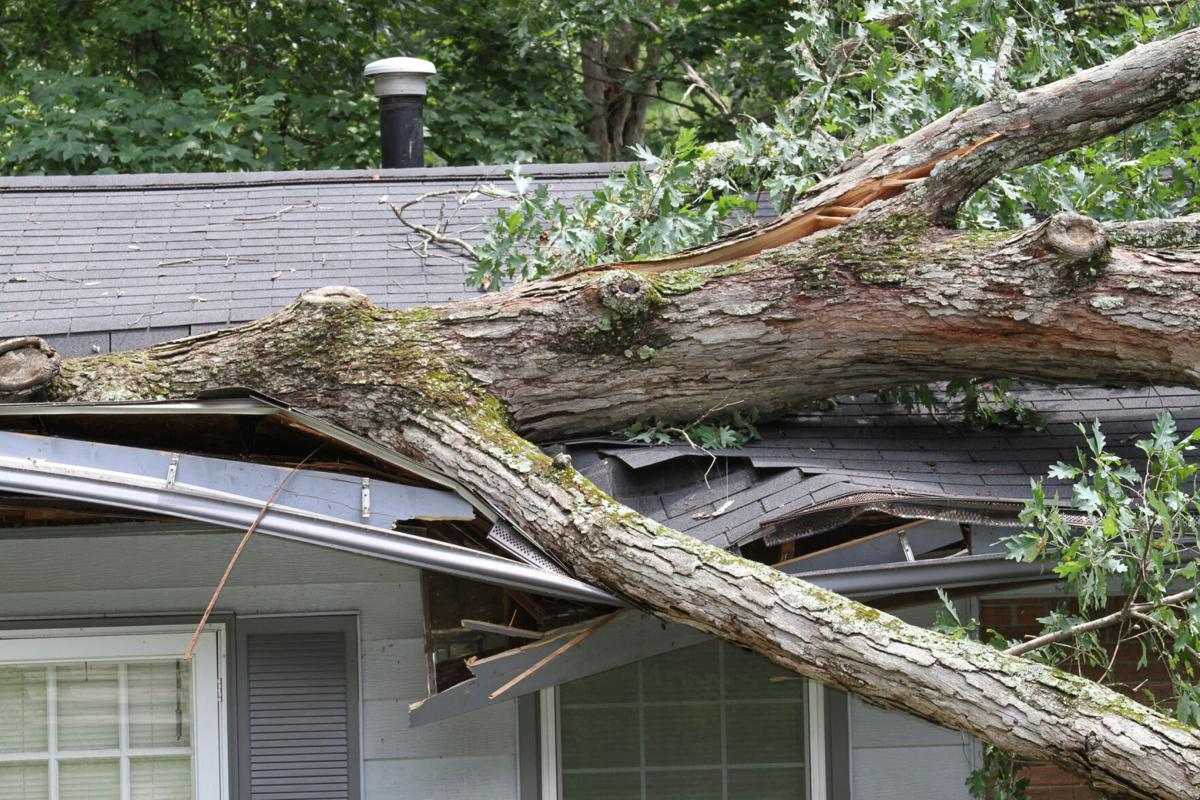Question: My house has flooded. What do I do?
Answer: Start with an assessment of your home and determine whether it is safe to stay there. If it is safe and all the water is away from outlets or open wires, and your roof is steady, do these tasks in preparation for the professional remediation contractor.
Call your homeowners insurance agent right away.
Remove excess water by mopping and blotting.
Wipe excess water from wood furniture after removal of lamps and tabletop items.
Remove and prop wet upholstery and cushions.
Place aluminum foil or wood blocks between furniture legs and wet carpeting.
Turn air conditioning on for maximum drying in summer.
Remove colored rugs from wet carpeting to prevent dye transfer.
Remove art objects to a safe, dry place.
Gather loose items from floors.
Q: My house flooded from the mountain runoff. Will my whole home comprehensive policy cover it?
A: According to Phocus Insurance Companies, a Rosie on the House Certified Partner, your home insurance likely contains a water damage subsection. Many homeowners assume that all water-related damage is covered. That is not so. Sudden and unexpected water, such as the washing machine breaking, may be covered under your insurance. If the water damage is due to negligence or a catastrophic event such as floods, you’ll find yourself footing the bill.
A flood is defined as a general and temporary condition of partial or complete inundation of two or more acres of normally dry land area or of two or more properties (at least one of which is your property) from an overflow of inland or tidal waters, unusual and rapid accumulation, or runoff of surface waters from any source or mudflow.
If the flood is from the roof, you’re covered. If the flood is from surface water, you’re not, unless you specifically have flood coverage.
Q: Will my insurance policy cover storm damage to my roof?
A: When a storm with rain, wind or hail damages your roof, your insurance company will probably pay. But don’t wait for the insurance adjuster to visit and decide. Cover the roof with plastic temporarily and mop up water in the house. If the drywall is sagging from the ceiling, place several buckets on the floor and poke holes in the ceiling to release the water. This may prevent further damage to your home that may not be covered.
Q: Will my homeowner’s insurance pay to remove fallen trees?
A: When a tree falls in a storm, insurance will not pay for removing the tree if it doesn’t do structural damage. Insurance will also not pay to replant gardens, bushes, flowers or other trees that are disturbed or damaged.
Q: How will I get paid from the insurance company for flood damage?
A: Assuming you have a flood policy, you will get paid based on Actual Cash Value or Replacement Cost Value.
Actual Cash Value (ACV) is the value of the item at the time of loss, depreciation over time included. Items that are assessed or adjusted at ACV include appliances or carpeting, with carpets having the potential to lose 10% to 14% of their value annually.
Replacement Cost Value (RCV) is the cost to replace the item or part of your home, not including depreciation. Three conditions must be met before having an item fall under RCV guidelines.
The building must be a single-family dwelling.
The building must be your primary address at the time of loss (meaning you have lived there at least 80% of the year.)
Your building coverage is at least 80% of the replacement cost of the building or the maximum value available for the property under the National Flood Insurance Program.
A standard flood insurance policy, known as a single peril (flood) policy, pays for direct physical damage to insured property up to the replacement cost, actual cash value of the damages, or the policy limit of liability, whichever is less. Flood insurance is also not a valued policy. Additionally, flood insurance is not considered a guaranteed replacement cost policy.
It is important to know your home’s risks. Meet with a qualified insurance agent and access your coverage before you need it. Many people assume they know their coverage, only to find out they were wrong when they need it. Make sure your home is covered from water damage in all situations. Don’t wait to find out during an emergency.
A comprehensive list of items covered on your property insurance vs. flood insurance can be found at floodsmart.gov.
Regardless of the type of policy you have in place, call your agent as soon as damage occurs. Let the professionals access the property as soon as possible. There are very specific and important steps that need to be taken and the sooner they are, the better for everyone, especially you.





